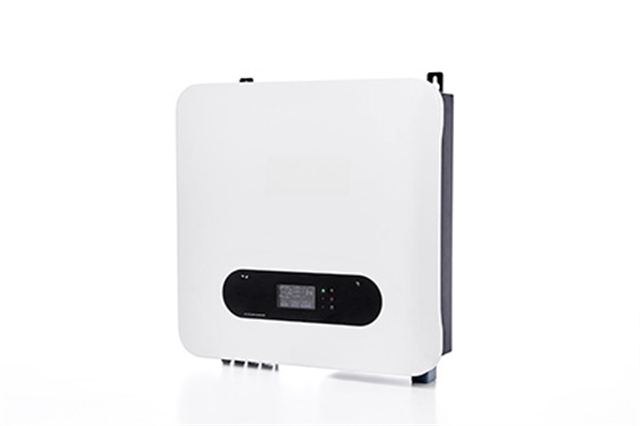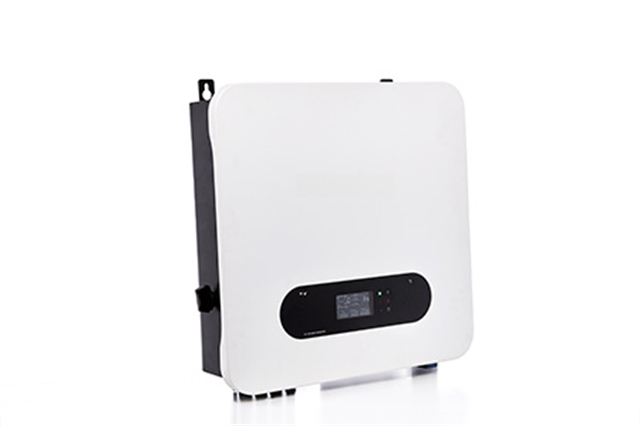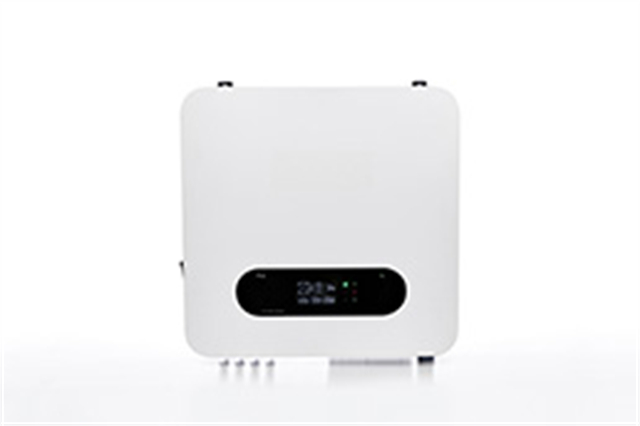Author:BLD Solar Energy SystemFROM:Solar System Converter Manufacturer TIME:2023-09-26
In today's rapidly advancing world of renewable energy, choosing the right inverter hybrid for on and off-grid applications is crucial. An inverter hybrid plays a key role in converting direct current (DC) power generated from solar panels or batteries into an alternating current (AC) power that can be used to run appliances and devices. Whether you are considering going off-grid entirely or simply want to have a backup power source in case of a blackout, selecting the appropriate inverter hybrid is essential for ensuring reliable and efficient energy conversion.

The first step in choosing the right inverter hybrid is understanding your power requirements. Consider the total wattage of all the appliances and devices you intend to power simultaneously. Additionally, take into account any high-starting surge power needs that certain appliances may have. This will help determine the capacity of the inverter hybrid you need to meet your energy demands effectively.

Next, consider whether you require an inverter hybrid for on-grid or off-grid applications. On-grid systems are connected to the utility grid and allow for the feed-in of excess electricity generated by solar panels. Off-grid systems, on the other hand, are independent and rely solely on renewable energy sources along with battery storage. Understanding your application will help you choose an inverter hybrid that aligns with your specific needs.

Efficiency is a critical factor when selecting an inverter hybrid. Higher efficiency means less energy loss during the conversion process, resulting in optimal utilization of the available power. Look for inverters with high conversion efficiencies, as this can significantly impact the overall performance of your system and reduce operating costs over time.
If you plan on incorporating a battery storage system into your setup, ensure that the inverter hybrid you choose is compatible with the type and capacity of batteries you intend to use. Different models may have varying capabilities and require specific battery types to function optimally. It is essential to verify compatibility to avoid any issues and maximize the lifespan of your batteries.
Advanced monitoring and control features can greatly enhance the usability and efficiency of an inverter hybrid system. Look for inverters with user-friendly interfaces, real-time monitoring capabilities, and remote control options. These features allow you to monitor energy production, consumption, and battery status, enabling you to make informed decisions and optimize system performance.
An inverter hybrid is a long-term investment, so durability and reliability are crucial considerations. Look for reputable brands that offer warranties and have a proven track record of producing reliable products. Additionally, consider environmental factors such as temperature and moisture resistance, as these can affect the lifespan and performance of the inverter hybrid.
When dealing with electrical systems, safety should always be a top priority. Ensure that the inverter hybrid you choose has built-in safety features such as overvoltage and overload protection, short-circuit prevention, and thermal shutdown mechanisms. These features not only protect the inverter hybrid itself but also safeguard your appliances and devices from potential damage.
Finally, while cost should not be the sole determining factor, it is an essential aspect to consider. Compare prices from different manufacturers while taking into account the features, quality, and warranty provided. It is advisable to invest in a high-quality inverter hybrid that may be slightly more expensive initially but offers better performance, reliability, and longevity in the long run.
Choosing the right inverter hybrid for on and off-grid applications requires careful consideration of power requirements, application type, efficiency, battery compatibility, monitoring features, durability, safety, and cost. By thoroughly evaluating these factors, you can ensure that your chosen inverter hybrid meets your energy needs effectively, providing reliable and efficient power conversion for years to come.
